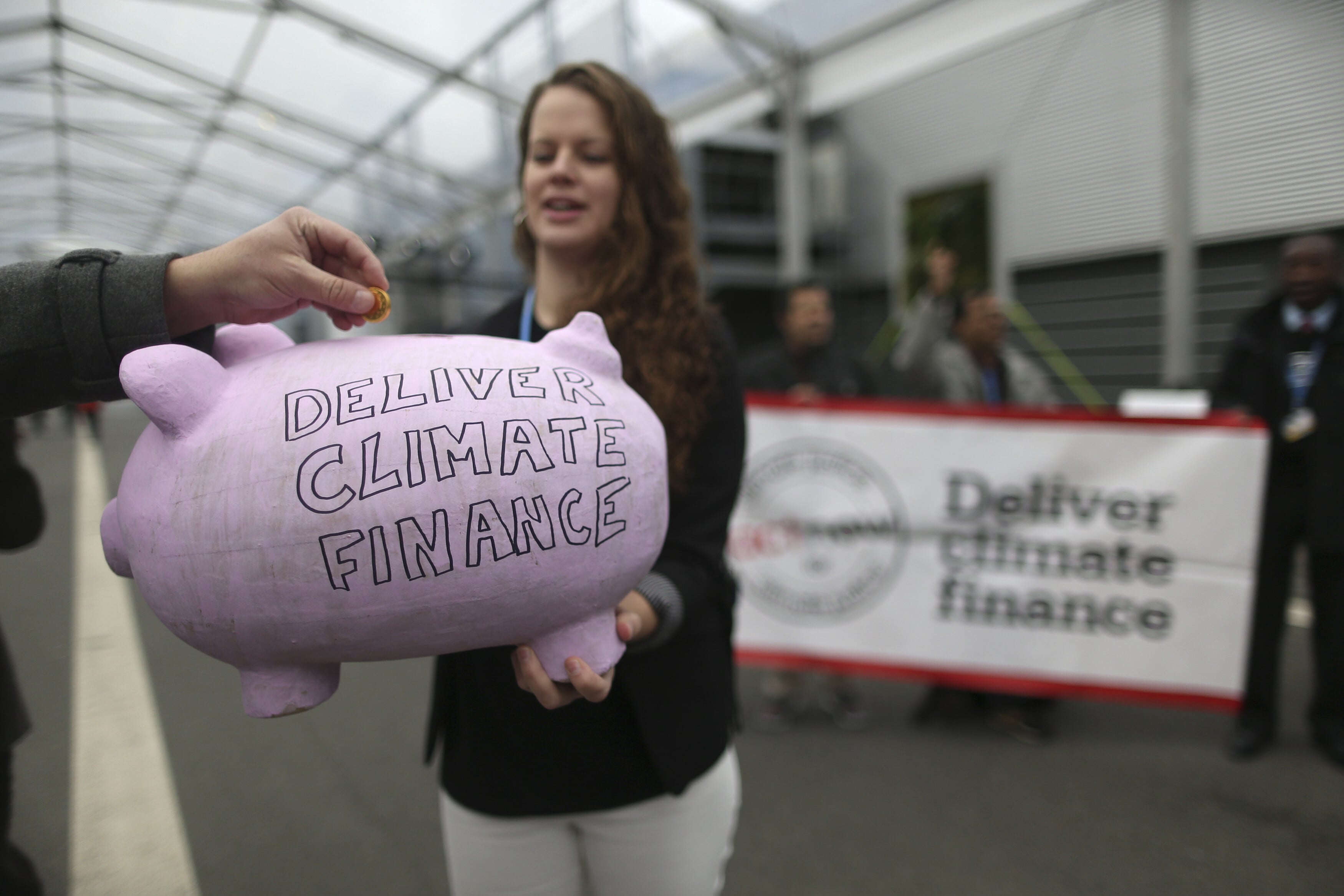60% of cars sold in Norway last month were electric
Electric cars are common in Norway.
Image: REUTERS/Alister Doyle
Stay up to date:
Norway
- Almost two-thirds of new cars sold in Norway in September were electric.
- When hybrids are included, the total jumps up to 89%.
- Norway leads the world in the percentage of electric and hybrid cars on its roads.
- But now the government is reducing the tax breaks that have fueled the electric boom.
- Some say it's time electric cars paid their fair share of the cost of the roads.
Norway’s electric car market is powering ahead, with most new cars registered in September either fully electric or hybrids.
Electric cars accounted for 61.5% of the 15,552 cars registered that month in the country. When hybrids are included, the total jumps up to 89%.
The new Volkswagen ID.3 was the bestselling car, with 12.8% of sales, followed by the Tesla Model 3 and the Polestar 2.
Jolt to the market
It’s a trend that looks set to continue. The latest data from OFV, the Norwegian Road Traffic Council, shows that by mid-October fully electric cars had already accounted for almost 65% of sales.
Norway has long been hailed as a leader in the race to adopt electric cars, and it provides many incentives and benefits – including big reductions in purchase and road tax – for those who buy and drive them. Electric cars also enjoy cuts of at least 50% to parking, toll road and ferry charges.
Globally, too, we could be on track for an electric car breakthrough as battery technology gets less expensive. The cost of a lithium-ion battery pack for an electric car fell 87% from 2010 to 2019, according to research by BloombergNEF.
The road ahead
Norway’s goal is for all new cars sold in the country after 2025 to be electric. And as its plan continues to pick up speed, it says the incentives driving the boom will be brought more into line with what other road users pay.
From next year, it will increase the road tax rate for electric vehicles – which currently benefit from discounts of up to 90% – to $229 a year, the same as for motorcycles.
Although this rate will still be only 70% of that internal combustion cars pay, Øyvind Solberg Thorsen, CEO of OFV, says electric cars should start to bear a larger share of the cost of Norway’s road network as their numbers increase.
“Electric cars make about as much noise as other cars at speeds above 50 km/h, they whirl up road dust, struggle just as much on the road and take up as much space as other cars,” he says. “This is a step in the right direction, especially because the share of electric cars in new car sales is now about 50%, and is expected to increase in the coming years.”
What's the World Economic Forum doing about the transition to clean energy?
Cost-competitive
Even with the slightly higher taxes, electric vehicles will still be cheaper to own than fossil-fuel cars, Thorsen says. And that argument is borne out by new data from car-leasing company LeasePlan.
Analysis of the monthly cost of owning a car, averaged over a four-year period, shows that in Norway a mid-sized electric car would cost $883 a month, against $1,002 for petrol and $1,075 for diesel. The figures include fuel, depreciation, taxes, insurance and maintenance.
The data also shows that running a mid-sized electric car is now cost-competitive with fossil-fuel vehicles in 14 European countries including France, Germany, Spain and the UK.
Accept our marketing cookies to access this content.
These cookies are currently disabled in your browser.
Accept our marketing cookies to access this content.
These cookies are currently disabled in your browser.
Accept our marketing cookies to access this content.
These cookies are currently disabled in your browser.
Accept our marketing cookies to access this content.
These cookies are currently disabled in your browser.
Don't miss any update on this topic
Create a free account and access your personalized content collection with our latest publications and analyses.
License and Republishing
World Economic Forum articles may be republished in accordance with the Creative Commons Attribution-NonCommercial-NoDerivatives 4.0 International Public License, and in accordance with our Terms of Use.
The views expressed in this article are those of the author alone and not the World Economic Forum.
Related topics:
Forum Stories newsletter
Bringing you weekly curated insights and analysis on the global issues that matter.
More on Climate ActionSee all
Wee Kean Fong and Yvonne Zhou
July 29, 2025
Pranidhi Sawhney and Adam Skali
July 29, 2025
David Carlin and Sourajit Aiyer
July 28, 2025
Nasim Pour, Sebastien Cross and Joel Gould
July 28, 2025
Michael Wang
July 28, 2025
Naoko Tochibayashi
July 28, 2025






